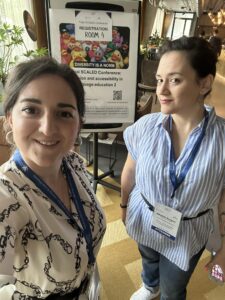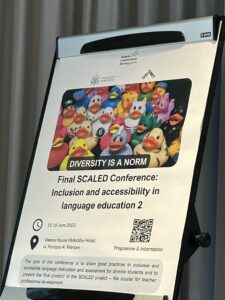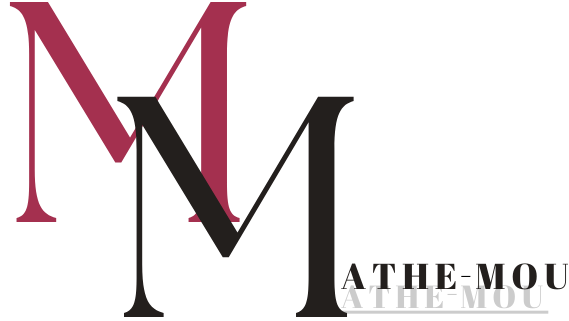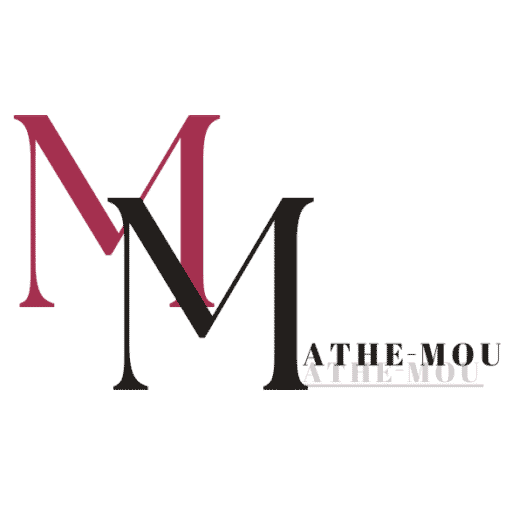Having been a teacher for almost ten years now, there were many times in my career that I would have really liked someone to get me a guide or something on how to navigate tricky situations. Be it the rapid and continuous technological advances, the rise of students facing learning difficulties, the ever-growing list of demands on educators keeps getting longer and longer. Most teachers are able to reflect on their practices and understand where they need to train further for the benefit of the students and themselves, yet when they decide to pursue their education, they face the harsh reality of marketing as nothing comes for free. Most of us have spent both our valuable time and money on teacher training courses which in the end have not procured what was promised and have been left with the feeling of being cheated. Here is where the MOOCs come forward.
First of all, what is a MOOC?
MOOC stands for Massive Open Online Course. MOOCs can be free, and they are web-based, distance learning programs addressed to people from around the world. They are usually structured, and located in different educational platforms such as Moodle, Canvas, FutureLearn, etc. Some MOOCs may offer a certification or academic credits, but most importantly they provide people globally with the opportunity to enhance their skill set and advance in their careers regardless of their location and their financial status.
Here are four MOOCs that you can check out. They are accessible to everyone and I am pretty sure that most educators will find them extremely rewarding!
TALE: a MOOC about language assessment. It is a free, asynchronous course available here. The target groups are pre-service and in-service English Language Teachers, English language learners, educational policymakers, experts, and researchers in Language Testing and Assessment, and pre-service and in-service foreign language teachers (other than English). 8 courses in the TALE project address different aspects of assessment and testing and are available after logging in to the platform. In case you do not have the time to go through the course there is also a handbook available here.
ENRICH: a MOOC on multilingualism and assessment. The free, asynchronous course is available here and the handbook is here. The Course has been developed in the framework of the ENRICH Project and aims at helping teachers of English around the world to develop competencies that are necessary for integrating the current role of English as a lingua franca (ELF) in multilingual classrooms.
DysTEFL 1 and 2: a MOOC on dyslexia for teachers of English. The course is available on FutureLearn with a starting date to be announced. If you do not feel like waiting the handbook is available here.
SCALED: a MOOC on Supporting Content and Language Learning Across Diversity. The project aims to promote equity and anti-discrimination, inclusive activities in language education and through language, consisting in increasing accessibility (including digital accessibility) and universal design in education. Having attended the final Conference of the SCALED project in Warsaw, I would definitely recommend joining this one (I am currently enrolled in it). It is a course full of fresh and innovative approaches to diversity and offers various practical ideas on implementing inclusivity and embracing diversity in the classroom. The free, asynchronous course is available here, and here you can find the guide of good practices in inclusive language education.


Remember John Cotton Dana’s words: “Who dares to teach must never cease to learn”.




